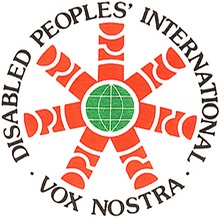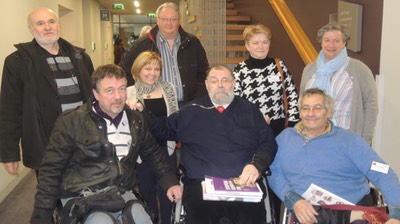Human mobility increases rapidly, internal and international migrants, refugees and asylum-seekers, international students, business travellers and tourists all around the world. Most of migrants are resourceful in many ways with a unique set of skills and capacities. Migrants, asylum seekers and refugees constitute a significant and growing proportion of the general population of countries in Europe. They have limited access to risk and prevention information, lacking the language of the country in which they are displaced; they may be unaware of local natural or technological risks known to the rest of the population.
The European and Mediterranean Major Hazards Agreement (EUR-OPA) co-organised with UNISDR and the European Commission the 2017 European Forum for Disaster Risk Reduction was held in Istanbul (Turkey) on 27 and 28 March 2017. On 28 March, a Technical Session on Migration, Disaster Risk Reduction and Resilience, organised by EUR-OPA as its programme of activities and its contribution to the Sendai Framework for Disaster Risk Reduction 2015-2030. In this important Session, Hannan Mohamed was the DPI Voice on migrants and people with disabilities in Disaster Risk Reduction and Resilience.
It was very well recognized and recorded in the outcome document "2017 European Forum for Disaster Risk Reduction Open Forum” as follow:
- 1. Request authorities to include representatives of communities considered under UN Major Groups and Other Stakeholders especially people with disabilities, refugees, migrants, asylum seekers and other vulnerable groups, in national and local strategies for disaster risk reduction through a participatory and human rights-based approach. These groups should be recognized as vital participants of disaster risk reduction work.

